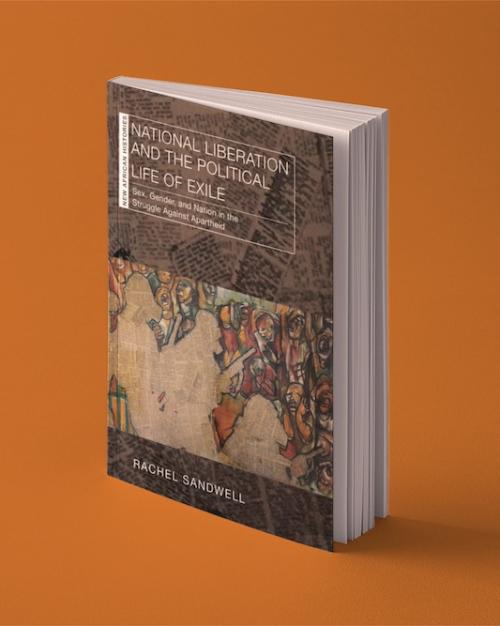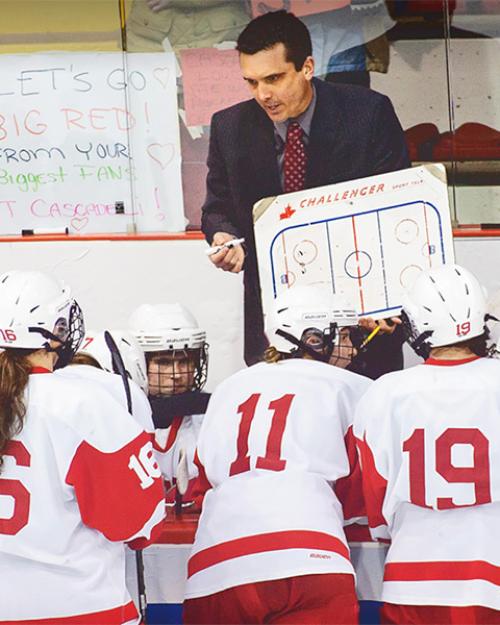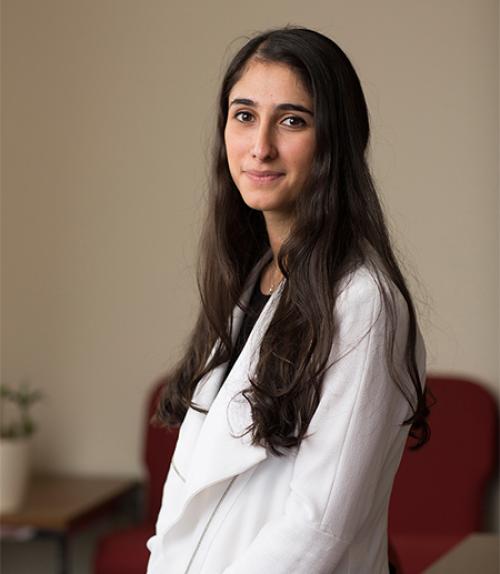Julia Klein
College Scholar
Rye Brook, NY
Why did you choose Cornell?
I didn't get the chance to visit Cornell until I was accepted, but I visited for Cornell Days. I wanted to go to a big school with a wide range of opportunities and a large emphasis on research. Many of the schools I was considering would've required that I give up either music or science in my academic pursuits, but here at Cornell through the College Scholars Program I was able to pursue both very extensively. The true balance that I could have between the arts and the sciences here was exactly what I was looking for and was a large motivating factor in my decision. It helped that the campus is spectacular too and I had a great tour guide!
What Cornell memory do you treasure the most?
I was so sad that my freshman year was ending so I stayed until the very end of finals. The last night before the dorms were closing there were maybe 20 people left who were my friends or friends of friends. This group of 20 of us spent almost all night hanging out in Donlon together reminiscing on the year. It was the most amazing experience to all come together and see just how much Cornell had impacted us in just two semesters.
Who or what influenced your Cornell education the most? How or why?
My research mentor/thesis advisor Dr. Carol Kraumhansl has truly shaped my Cornell experience and I couldn't possibly thank her enough for everything she's done. She really opened the door for me in the field of music cognition by giving me the opportunity to start my own project as a sophomore, which ended up growing into a much larger three-year project. She gave me both freedom and guidance and was such an amazing supporter of my various interests along the whole journey.
What do you value about your liberal arts education?
My liberal arts education has truly made me a better thinker. Balancing my academics between humanities and social sciences/hard sciences allowed me to learn how to think in two different ways as well as how to draw interdisciplinary parallels between them. I tell people all the time that my best prep for organic chemistry was my music theory courses. The way you have to think and recognize patterns in both disciplines is very similar. It's cool to be able to take my liberal arts/humanities critical thinking skills and apply them to something as drastically different as organic chemistry.




